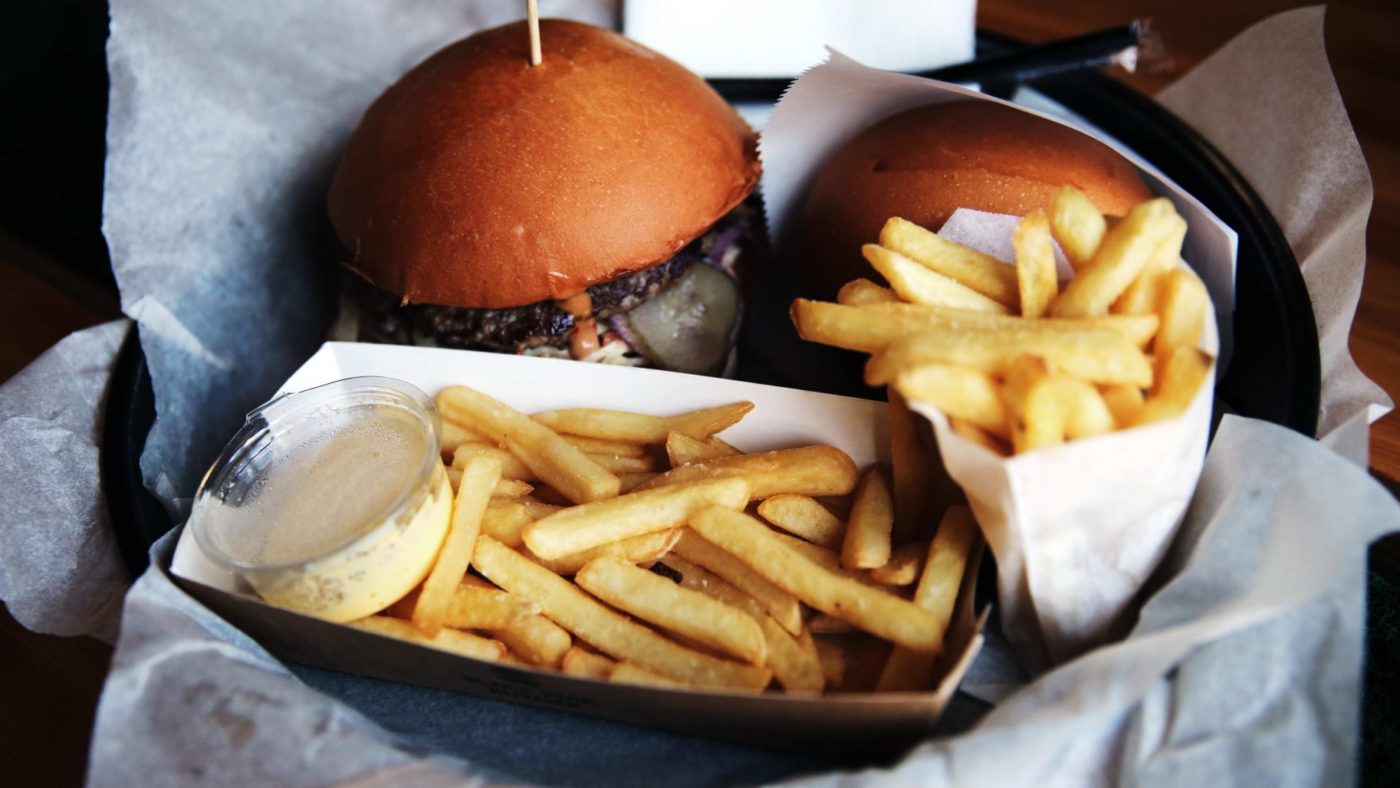A year into his premiership, Boris Johnson seems to have abandoned his optimistic, ‘live and let live’ disposition which so many of the public voted for, in favour of a more subdued and cautious prime ministerial demeanour.
How else to explain that a leader whose libertarian instincts are so well-documented now wants to impose stringent restrictions on junk food advertising? What a contrast, also, to the then Tory leadership candidate who called for a review into stealth sin taxes and questioned how effective they were in tackling obesity.
Back then, he rightly noted that such taxes “clobber those who can least afford it” and recognised that a positive approach – encouraging people to exercise – would be both more effective and less condescending. The PM himself was a shining example of such an approach, having lost 12 pounds in two weeks following his doctor’s prescription of fewer “late night binges of chorizo and cheese”.
Unfortunately, it seems to be a different story when it comes to government policy. Rather than trusting us to exercise personal responsibility after months of state-imposed restrictions, the Government is considering an intrusive ban on online advertising of supposedly unhealthy food and a watershed on TV adverts.
I say supposedly, because there is no generally accepted or legal definition of what junk food actually is. If the Government adopts the same HFSS (High fat, salt and sugar) criteria as Sadiq Khan did when banning such adverts across London’s transport network, it will likely include honey, jam and butter. In and of themselves, these have more to do with a decent breakfast than they do an obesity crisis.
You might think that this is crying over spilled milkshake. That given how centralised public health has become, the British people should be prepared to accept some measure of bureaucratic incursion. This seems to be the excuse used by Johnson, who has claimed that his brush with Covid-19 has caused him to abandon his “libertarian stance on obesity”.
But this change of heart shows a Government deeply confused about its priorities. It suggests the very “akrasia” – the Greek term for a weak state of mind in which one acts against their better judgement – that Johnson used to describe national complacency on obesity, is in fact at the heart of Government. Tories that mock Sadiq Khan’s misplaced, out of touch priorities as Mayor of London could soon find their own party the butt of the joke.
While it might be politically expedient to wage war on junk food, such an intervention is likely to cause significant damage to commercial broadcasters and food businesses big and small. Just as the Government is attempting to reboot the sector with the ‘eat out to help out’ campaign, it is undermining businesses’ ability to bring in new customers.
This government was supposed to stand for freedom from petty, nannying nudge bureaucracy and focus on implementing evidence-led policy. And will banning these adverts even achieve what it’s supposed to? The Government’s own estimates suggest restricting the placement of unhealthy food and drink in shops would have a negligible effect on calorie consumption in children.
We must hope that these are nothing more than poorly thought out proposals, subject to revision and, eventually, rejection. If Johnson has truly discarded the evidence-led, liberty-bolstering approach he promised he would take as Prime Minister, the road to post-Covid recovery will be a rocky one indeed.
Click here to subscribe to our daily briefing – the best pieces from CapX and across the web.
CapX depends on the generosity of its readers. If you value what we do, please consider making a donation.


